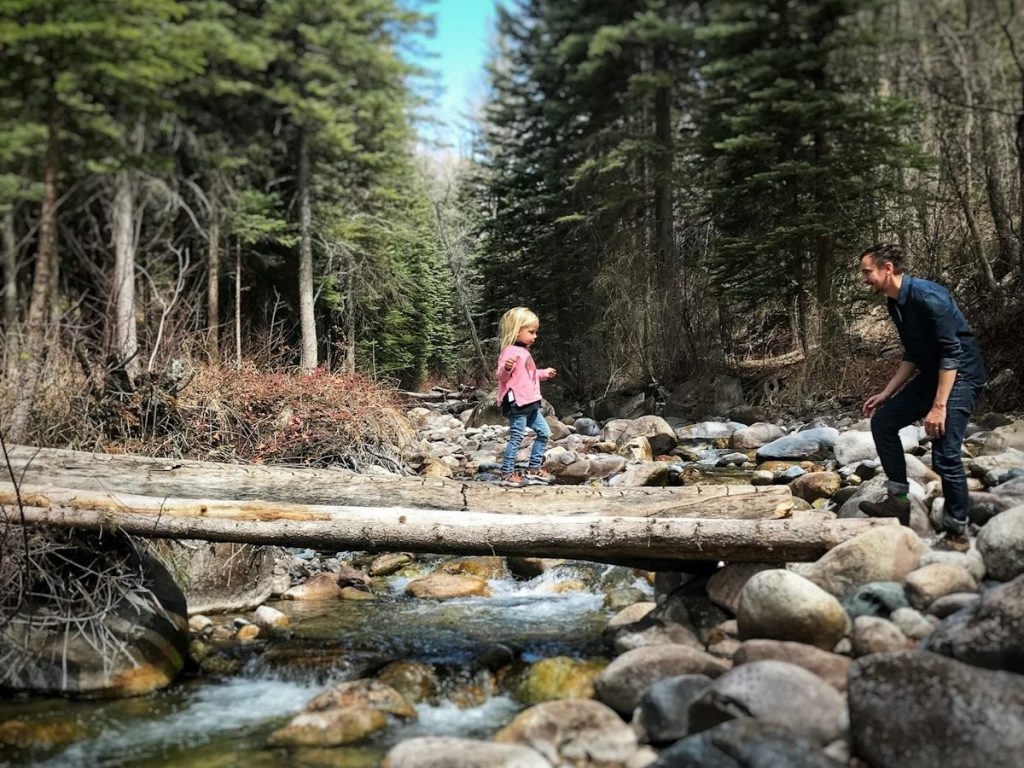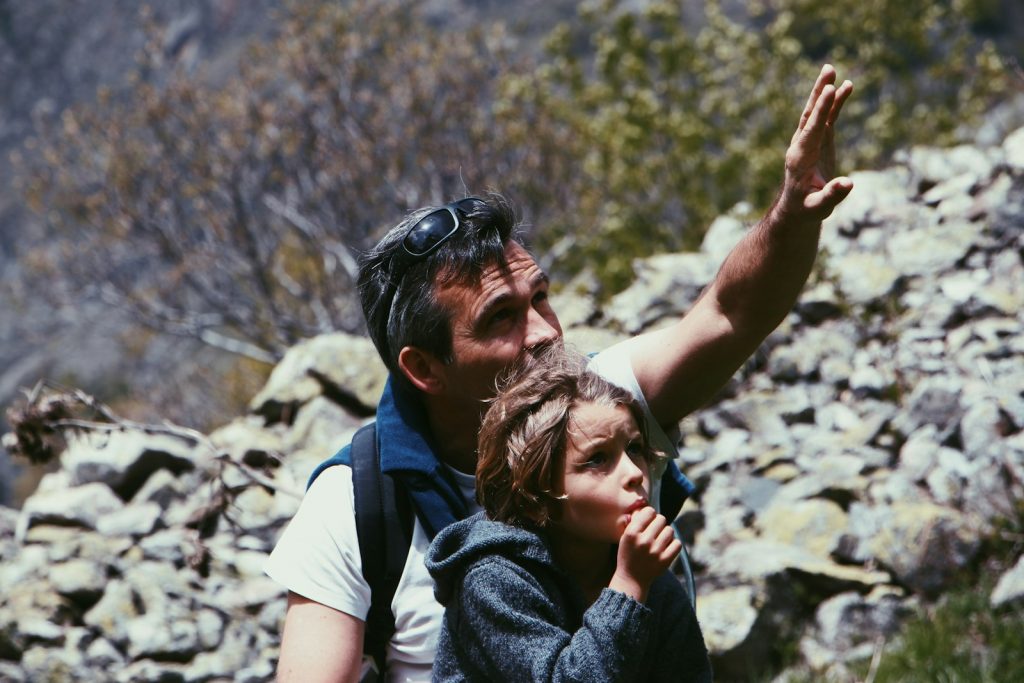Exploring the World: Educational travel experiences hold a special place in the hearts of many wanderlust-driven individuals. Beyond the mere act of sightseeing, educational travel offers a profound opportunity for personal growth, cultural understanding, and intellectual enrichment. In this article, we delve into the myriad ways in which educational travel experiences can transform individuals, broaden perspectives, and shape lifelong learning.
Understanding Educational Travel:
Educational travel, often referred to as educational tourism or edutourism, encompasses journeys undertaken with the primary goal of learning about a particular subject or culture. Unlike traditional tourism, which may prioritize relaxation or entertainment, educational travel places emphasis on exploration, discovery, and intellectual engagement.
The allure of educational travel lies in its ability to blend leisure with learning, offering travelers the chance to deepen their understanding of diverse subjects, ranging from history and art to science and ecology. Whether it involves exploring ancient ruins, immersing oneself in local traditions, or engaging in hands-on workshops, educational travel experiences foster intellectual curiosity and promote lifelong learning.
Benefits of Educational Travel Experiences:
1. Cultural Immersion: One of the most significant advantages of educational travel is its capacity to facilitate cultural immersion. By venturing beyond tourist hotspots and engaging with local communities, travelers gain firsthand insight into different ways of life, traditions, and customs. This immersive experience fosters empathy, tolerance, and cross-cultural understanding, breaking down stereotypes and fostering a sense of global citizenship.

2. Personal Growth: Educational travel pushes individuals out of their comfort zones, encouraging personal growth and self-discovery. Navigating unfamiliar environments, overcoming language barriers, and adapting to new customs all contribute to resilience and adaptability. Moreover, exposure to diverse perspectives challenges preconceived notions, broadens mental horizons, and fosters intellectual humility.
3. Experiential Learning: Unlike traditional classroom settings, educational travel offers experiential learning opportunities that engage the senses and ignite curiosity. Whether it’s studying marine biology through scuba diving, learning about Renaissance art while exploring Italian galleries, or understanding sustainable agriculture through farm stays, hands-on experiences leave a lasting impression and deepen understanding.
4. Academic Enrichment: Educational travel experiences complement formal education by providing real-world context and application to academic subjects. History comes alive amidst ancient ruins, science becomes tangible through ecological field studies, and language skills improve through immersive language programs. Such experiences not only enhance academic knowledge but also inspire a lifelong passion for learning.
Case Studies:
1. Eco-Tourism in Costa Rica: Costa Rica has become a hub for eco-tourism, attracting travelers interested in environmental conservation and sustainable living. Educational tours to Costa Rica offer opportunities to explore biodiverse rainforests, participate in conservation projects, and learn from local experts about sustainable practices. These experiences not only educate travelers about environmental issues but also empower them to make informed choices in their daily lives.

2. Cultural Immersion in Japan: Japan’s rich cultural heritage and modern innovations make it a captivating destination for educational travel. From traditional tea ceremonies and samurai sword-making workshops to futuristic robotics labs and manga drawing classes, Japan offers a blend of ancient traditions and cutting-edge technology. Educational tours to Japan provide insights into Japanese culture, history, and innovation, fostering a deep appreciation for its unique identity.
Tips for Planning Educational Travel:
1. Research Thoroughly: Before embarking on an educational journey, conduct thorough research about your destination, including its history, culture, and local customs. Familiarize yourself with the educational opportunities available, such as guided tours, workshops, and cultural experiences.

2. Set Learning Goals: Define your learning objectives and interests to tailor your educational travel experience accordingly. Whether you’re passionate about art, history, science, or cuisine, choose activities and destinations that align with your educational goals.
3. Embrace Immersion: Fully immerse yourself in the local culture by engaging with locals, trying authentic cuisine, and participating in cultural activities. Keep an open mind and embrace new experiences, even if they challenge your comfort zone.
4. Reflect and Document: Take time to reflect on your educational travel experiences and document them through journaling, photography, or blogging. Capture memorable moments, insights gained, and lessons learned to preserve the impact of your journey.
Exploring the World
In Conclusion, Educational travel experiences offer a unique blend of exploration, learning, and personal growth, making them invaluable opportunities for individuals seeking to broaden their horizons. Whether it’s delving into ancient history, immersing oneself in vibrant cultures, or exploring the wonders of nature, educational travel fosters a deep appreciation for the world’s diversity and complexity. By embracing the transformative power of educational travel, we embark on a journey of discovery that enriches not only our minds but also our souls.






